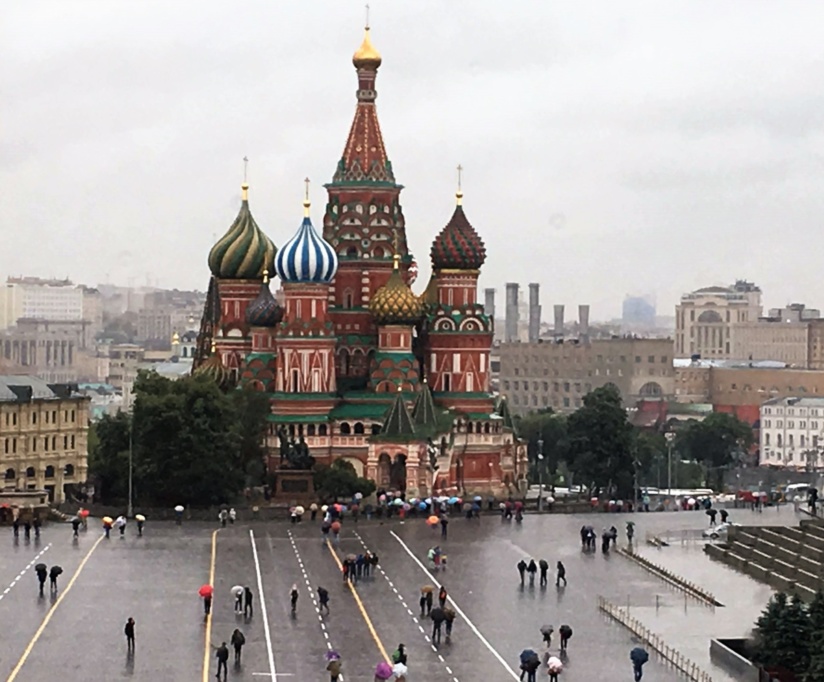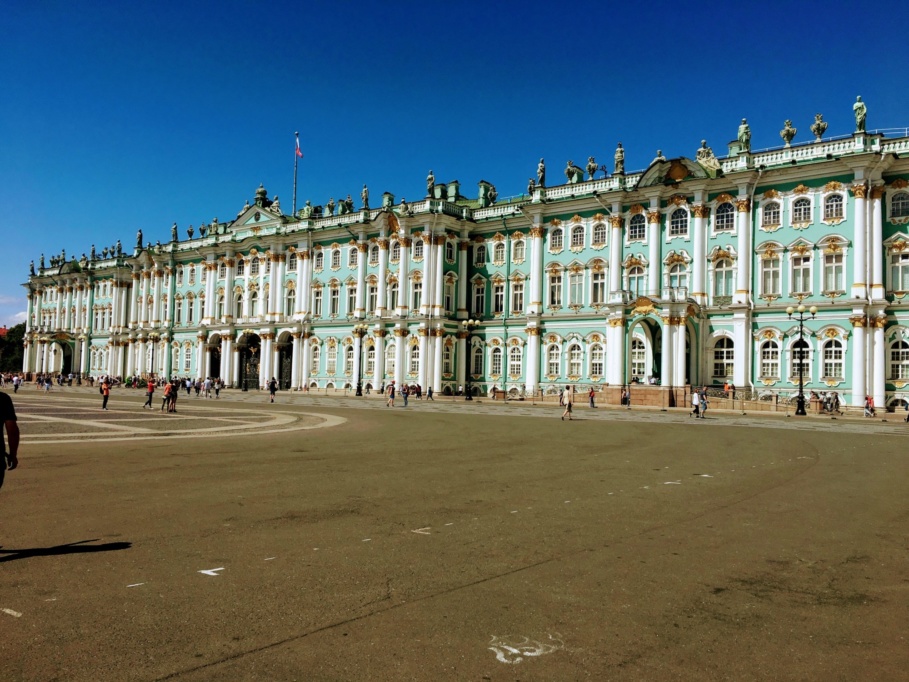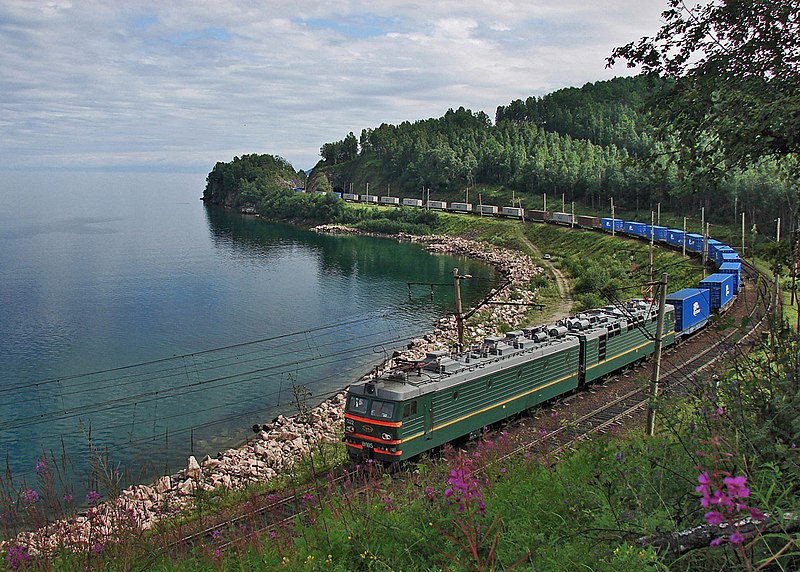RUSSIA
TRAVEL GUIDE
Explore the wonders of Russia with our comprehensive travel guide, designed to immerse you in the rich history, vibrant culture, and stunning landscapes of this vast country. From the iconic landmarks of Moscow and St. Petersburg to the serene beauty of Siberia and the Far East, discover the best attractions, culinary delights, and cultural experiences. Our guide provides essential tips on planning your trip, navigating transportation, and ensuring a safe and memorable adventure in Russia.
Need To Know: How To Travel To Russia
Travel to Russia for an unforgettable journey through history, culture, and breathtaking landscapes. Explore iconic cities like Moscow and St. Petersburg, marvel at architectural wonders, and immerse yourself in unique traditions. From the grandeur of the Kremlin to Siberia’s serene beauty, Russia promises a rich and diverse travel experience unlike any other.
Yes, most travelers need a visa to visit Russia. Requirements vary by nationality, but typically include an invitation letter, completed application, and fees. It’s essential to apply well in advance and ensure your passport is valid for at least six months beyond your travel dates. Check specific requirements for your country.
The currency of Russia is the Russian Ruble (RUB). It is symbolized as ₽ and subdivided into 100 kopeks. The ruble is used throughout the country for all transactions, including shopping, dining, and transportation. Travelers should exchange their money for rubles to ensure smooth transactions during their visit to Russia.
Russia can be affordable to visit, depending on your travel style. Cities like Moscow and St. Petersburg have higher costs for accommodation and dining, but rural areas and smaller towns offer budget-friendly options. Public transport is inexpensive, and local cuisine provides good value. Careful planning makes travel to Russia economical.
Russia can be a safe travel destination with proper planning. Major cities like Moscow and St. Petersburg are generally safe, though travelers should exercise caution against pickpocketing and scams. Current geopolitical tensions and regional conflicts require extra vigilance. Always stay updated on travel advisories and follow local laws and customs.
Traditional Russian food is hearty and flavorful, featuring dishes like borscht (beet soup), pelmeni (dumplings), blini (thin pancakes), and pirozhki (stuffed pastries). Staples include potatoes, bread, and sour cream. Popular comfort foods include kasha (porridge) and shchi (cabbage soup). Fish, pickles, and fermented vegetables also play significant roles.
Russia Snapshot: How To Travel To Russia
Travelling to Russia
Russia, the world’s largest country, offers a diverse range of experiences, from the historic streets of Moscow and the cultural riches of St. Petersburg to the natural beauty of Siberia and the Far East. Planning a trip to Russia requires careful preparation due to its vast size and unique visa requirements. Here’s an expanded guide to help you plan an unforgettable Russian adventure.
How to Plan a Trip to Russia
Research and Itinerary: Start by deciding which regions and cities you want to visit. Moscow and St. Petersburg are must-see cities with rich history, architecture, and culture. Consider exploring the Golden Ring cities for a glimpse of medieval Russia, or venture into Siberia and the Far East for natural beauty and adventure. Plan your itinerary based on your interests and the time of year, as Russia’s climate can vary significantly.
Travel Documents: Ensure your passport is valid for at least six months beyond your planned departure date. Apply for a Russian visa well in advance, as the process can be complex. You’ll need an invitation letter from a hotel or a Russian travel agency, along with other required documents. Make sure to register your visa within seven days of arrival, a requirement for all foreign visitors.
Accommodation: Book your accommodation early, especially during peak tourist seasons. Russia offers a range of options, from budget hostels and mid-range hotels to luxury accommodations and unique stays like historic manor houses. In major cities, international hotel chains are common, but local guesthouses and boutique hotels can offer a more authentic experience.
Transportation: Russia’s vast size means that travel between cities often requires flights or long train journeys. The Trans-Siberian Railway offers an iconic travel experience, connecting Moscow to Vladivostok. In cities, the metro systems in Moscow and St. Petersburg are efficient and architecturally stunning. Taxis and ride-sharing apps like Yandex.Taxi are also widely available.
Language: Learning basic Russian phrases can greatly enhance your travel experience, as English is not widely spoken outside major cities and tourist areas. Phrases like “Пожалуйста” (please), “Спасибо” (thank you), and “Вы говорите по-английски?” (Do you speak English?) can be very helpful. Consider using language apps like Duolingo or Google Translate to assist with communication.
Russian Food
Russian cuisine is hearty and diverse, reflecting the country’s vast geography and cultural influences. Here are some must-try dishes:
Borscht: A beet soup traditionally made with beef broth, cabbage, potatoes, and beets, served hot in winter and cold in summer. It’s often topped with a dollop of sour cream.
Pelmeni: Dumplings filled with meat, mushrooms, or cheese, served with butter or sour cream. They are a staple in Russian households and can be found in many restaurants.
Blini: Thin pancakes served with a variety of toppings, such as sour cream, caviar, smoked salmon, or sweet fillings like jam and honey. Blini are a traditional dish for Maslenitsa, the Russian butter week festival.
Beef Stroganoff: A classic dish consisting of sautéed beef in a creamy sauce with mushrooms and onions, typically served with potatoes or rice.
Kvass: A traditional fermented drink made from black or rye bread, with a slightly tangy taste. It’s a popular summer beverage in Russia.
Culture and Religion
Russia’s culture is a blend of Slavic traditions, Eastern Orthodoxy, and influences from its vast and diverse regions. Here are some cultural aspects to consider:
History and Heritage: Russia boasts a rich history, with numerous museums, churches, and palaces. The Kremlin and Red Square in Moscow, the Hermitage Museum and Peterhof Palace in St. Petersburg, and the historic cities of the Golden Ring are essential visits.
Festivals: Russia celebrates a variety of festivals throughout the year. Orthodox Christmas and Easter are major religious holidays, while Victory Day on May 9th commemorates the end of World War II with parades and festivities. Maslenitsa, a week-long festival before Lent, features traditional foods, games, and performances.
Religion: Eastern Orthodoxy is the dominant religion, with the Russian Orthodox Church playing a significant role in the country’s culture and history. Key religious sites include the Cathedral of Christ the Saviour in Moscow and the Church of the Savior on Spilled Blood in St. Petersburg. Russia is also home to significant Muslim, Buddhist, and Jewish communities.
Safety and Dangers
Russia is generally a safe country for travelers, but it’s important to stay informed and take precautions:
Health: Russia has a good healthcare system in major cities, but medical facilities can be limited in remote areas. Ensure you have travel insurance that covers medical expenses, and carry essential medications.
Crime: Petty crime, such as pickpocketing and bag snatching, can occur in crowded areas and tourist hotspots. Be vigilant with your belongings and avoid displaying valuables. Scams targeting tourists, such as inflated taxi fares, can also occur, so use official taxi services or ride-sharing apps.
Local Laws: Respect local laws and customs. For instance, jaywalking and public intoxication are illegal and can result in fines. Always carry your passport and visa, as police checks are common. Be aware of restrictions on photographing government buildings and military installations.
Political Sensitivity: Avoid discussing sensitive political topics or engaging in protests. It’s advisable to stay informed about current events and follow travel advisories from your home country.
By planning ahead and immersing yourself in the local culture, your trip to Russia can be a rewarding and memorable experience. Enjoy the rich history, delectable cuisine, and the warmth of Russian hospitality.



